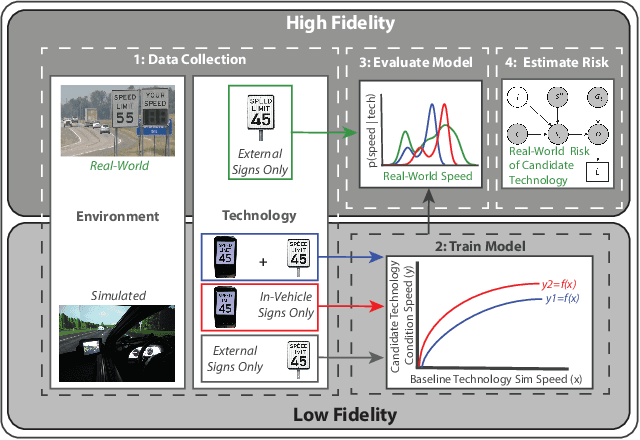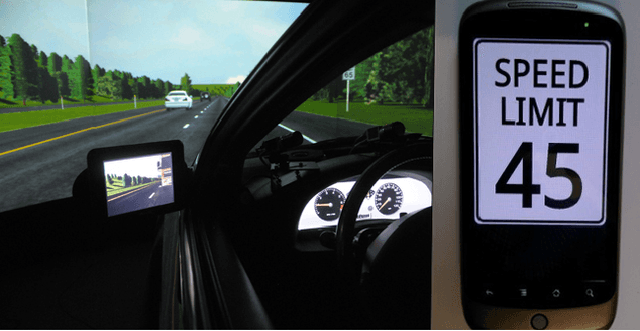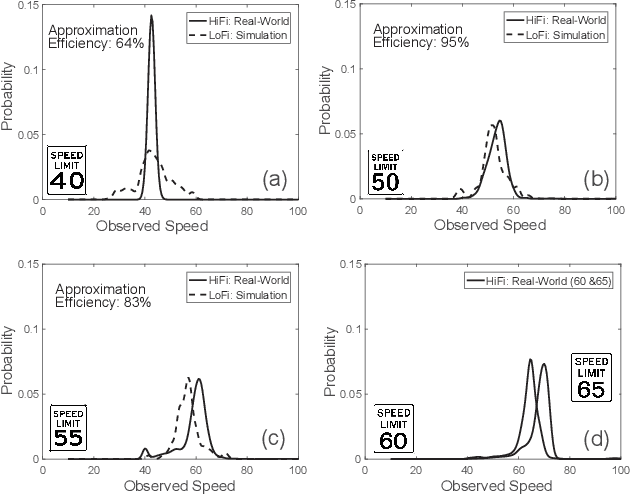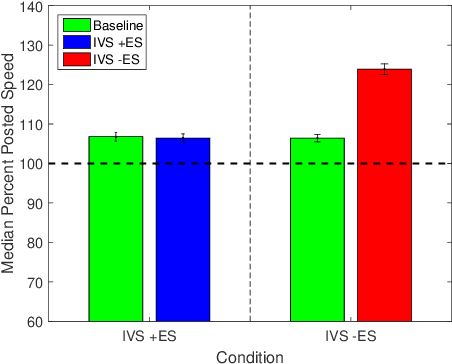Estimating the risk associated with transportation technology using multifidelity simulation
Paper and Code
Jan 31, 2017



This paper provides a quantitative method for estimating the risk associated with candidate transportation technology, before it is developed and deployed. The proposed solution extends previous methods that rely exclusively on low-fidelity human-in-the-loop experimental data, or high-fidelity traffic data, by adopting a multifidelity approach that leverages data from both low- and high-fidelity sources. The multifidelity method overcomes limitations inherent to existing approaches by allowing a model to be trained inexpensively, while still assuring that its predictions generalize to the real-world. This allows for candidate technologies to be evaluated at the stage of conception, and enables a mechanism for only the safest and most effective technology to be developed and released.
 Add to Chrome
Add to Chrome Add to Firefox
Add to Firefox Add to Edge
Add to Edge